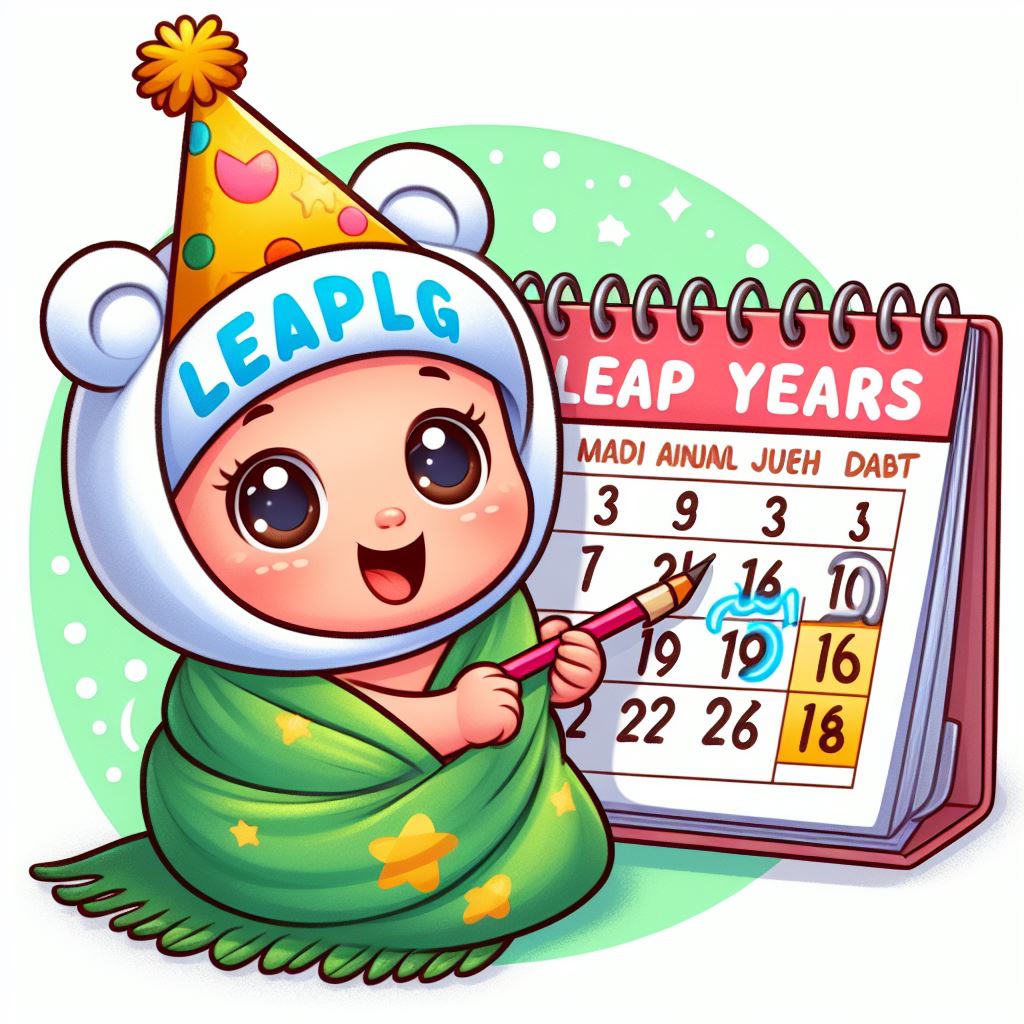
Leap years, occurring every four years, introduce an extra day into the calendar to align it with the Earth’s orbit around the sun. This additional day, February 29th, presents a unique dilemma for individuals born on that day: when should they celebrate their birthday?
The Official Birthday
In most countries, including South Africa, leap year babies officially celebrate their birthday on February 28th during non-leap years. This is because February 28th is the closest date to February 29th on the Gregorian calendar.
Alternative Celebrations
However, some leap year babies choose to celebrate their birthday on different days:
- February 29th (Leap Day): Some individuals prefer to celebrate their birthday on the actual day they were born, even though it only occurs every four years.
- March 1st: Others opt to celebrate their birthday on March 1st, the day after February 29th.
- June 30th: A less common option is to celebrate on June 30th, which is exactly six months after December 31st.
Legal Considerations in South Africa
In South Africa, the Births and Deaths Registration Act (Act 51 of 1992) does not explicitly address the issue of leap year birthdays. However, the Department of Home Affairs (DHA) has adopted the following guidelines:
- Official Birthday: Leap year babies are officially registered with a birthday of February 28th.
- Alternative Celebrations: Individuals may choose to celebrate their birthday on other days, but their official birthday remains February 28th.
- Legal Documents: Official documents, such as passports and identity cards, will reflect the official birthday of February 28th.
Cultural and Social Perspectives
In South Africa, there is no widespread consensus on the “correct” day for leap year babies to celebrate their birthday. Some people believe that February 28th is the only legitimate option, while others accept alternative celebrations.
- Traditionalists: Many older South Africans adhere to the traditional view that leap year babies should celebrate their birthday on February 28th.
- Modernists: Younger generations are more open to celebrating on other days, such as February 29th or March 1st.
- Personal Preference: Ultimately, the decision of which day to celebrate is a personal one, based on individual preferences and beliefs.
Impact on Birthdays
Celebrating a birthday on February 28th or an alternative day can have implications for leap year babies:
- Missed Celebrations: If a leap year baby chooses to celebrate on February 29th, they will miss out on celebrating their birthday every three out of four years.
- Double Celebrations: In leap years, leap year babies may have the opportunity to celebrate their birthday twice: on February 28th and February 29th.
- Social Recognition: Some people may not understand or accept alternative birthday celebrations, leading to potential confusion or disappointment.
Conclusion
The question of when leap year babies celebrate their birthday is a matter of personal preference and cultural norms. In South Africa, the official birthday is February 28th, but alternative celebrations are also recognized. Ultimately, the choice of which day to celebrate is a decision that should be made by the individual based on their own beliefs and values.
